What is Section 195?
Section 195 of the income tax act mandates deduction of tax at source before making payments to a non-resident. It provides for deduction of tax on payments such as interest or any other sum chargeable to tax.
Under the provisions of section 195, any person who is responsible for paying any interest or any other sum chargeable to tax is liable to deduct tax at source. This is applicable in a case where the payment is being to a non-resident(excluding company) or a foreign company.
Furthermore, a person is a resident or a non-resident is required to deduct the tax at source before making the payment to a non-resident, only if the payment is chargeable to tax in India in the hands of the non-resident. This helps to avoid revenue loss by deducting the amount before making the payment to the non-resident.
Payer, for the purpose of this section, is a person who is making the payment to a non-resident. The payer can be:
- Individual
- Hindu Undivided Family
- Firms
- Non-residents
- Foreign Companies
The payee is a non-resident whose residential status is arrived at as per Section 6 of the Act.
Check Out TDS on Commission
TDS under Section 195 Of Income Tax Act
Below are a few important points to be considered while considering deduction under section 195 of the Income Tax Act, 1961:
- The payer needs to obtain a tax deduction account number (TAN) before making the tax payment. This can be done by filing form 49B and is covered under section 203A of the income tax act. It is mandatory to provide the TAN of the deductor for the purpose of tax payment.
- The remitter needs to obtain the form 15 CB from a Chartered Accountant and needs to file form 15CA online through the income tax website. This needs to be done for each remittance to be made.
- Tax needs to be deducted at the source at the time of making the payment to the non-resident. It is important to quote the PAN of the non-resident.
- The tax deducted at source by the payer should be deposited through a challan on or before the 7th of the next month in which it was deducted.
- The tax can be deposited through the banks that are authorized by the government or the income tax department.
- After the tax has been deposited, the payer needs to file a TDS return on a quarterly basis. For example, the TDS return for the tax deducted during the first quarter from 1st April to 30th June must be filed by 15th July.
- After the filing of the TDS return, a TDS certificate can be issued by the payer.
Rate of TDS under section 195 of Income Tax Act
| Particulars | Rate of Tax |
| Income in respect of investment made by an NRI | 20% |
| Income by the way of long term capital gains in Section 115E in case of an NRI | 10% |
| Income by way of long-term capital gains | 10% |
| Short Term Capital gains under section 111A | 15% |
| Any other income by way of long-term capital gains | 20% |
| Interest payable on money borrowed in Foreign Currency | 20% |
| Income by way of royalty payable by Government or an Indian concern | 10% |
| Income by way of royalty, not being royalty of nature referred to be payable by Government or an Indian concern | 10% |
| Income by way of fees for technical services payable by Government or an Indian concern | 10% |
| Any other income | 30% |
What will be the consequences of non-complying Section 195 of Income Tax Act?
Below are the consequences of non-compliance with the provisions of section 195 of Income Tax Act, 1961:
- In case the tax is not deducted at the source, it will lead to disallowance of the particular expense under section 40(a)(i).
- In case tax has been deducted but not paid within the time limits, interest @ 1.5% per month or part of the month will be levied from the date of the deduction to the date of deposit.
- If TDS is deducted but not paid at all, a penalty equivalent to the TDS amount will be levied.
- In case of short deduction of tax, a penalty equivalent to the difference between the actual amount deductible and actually deducted would be levied.
You can explore our article on TDS on Rent
Due date of payment of TDS?
| Month of deduction | Quarter ending | The due date for payment of TDS through challan |
| April | 30th June | 7th May |
| May | 7th June | |
| June | 7th July | |
| July | 30th September | 7th August |
| August | 7th September | |
| September | 7th October | |
| October | 31st December | 7th November |
| November | 7th December | |
| December | 7th January | |
| January | 31st March | 7th February |
| February | 7th March | |
| March | 30th April |
Due date of filing of TDS return?
| Month of deduction | Quarter ending | Due date of filing TDS return |
| April | 30th June | 31st July |
| May | ||
| June | ||
| July | 30th September | 31st October |
| August | ||
| September | ||
| October | 31st December | 31st January |
| November | ||
| December | ||
| January | 31st March | 31st May |
| February | ||
| March |
It is to be noted that the above table depicts the normal provisions as per the income tax act. Due to the COVID 19 pandemic, the due date of filing the income tax return was revised by the department.
Read more about TDS Payment Due Date
What is the meaning of Non-resident?
Non-resident” means a person who is not a “resident”, and includes a person who is not ordinarily resident within the meaning of clause (6) of section 6.
Is TDS applicable to NRI?
Section 195 of the income tax act mandates deduction of tax at source before making payments to a non-resident. It provides for deduction of tax on payments such as interest or any other sum chargeable to tax.
Under the provisions of section 195, any person who is responsible for paying any interest or any other sum chargeable to tax is liable to deduct tax at source. This is applicable in a case where the payment is being to a non-resident(excluding company) or a foreign company.
You can explore our article on Section 43B of Income Tax Act
What is the TDS rate for payment to non-residents?
Below are the TDS rates applicable to a non-resident. It is also to be noted that the provisions of DTAA(double tax avoidance agreement) also needs to be considered as per the country. In a case the payee fulfills all the conditions mentioned in the DTAA, the rate as per the agreement will be levied.
| Particulars | Rate of Tax |
| Income in respect of investment made by an NRI | 20% |
| Income by the way of long term capital gains in Section 115E in case of a an NRI | 10% |
| Income by way of long-term capital gains | 10% |
| Short Term Capital gains under section 111A | 15% |
| Any other income by way of long-term capital gains | 20% |
| Interest payable on money borrowed in Foreign Currency | 20% |
| Income by way of royalty payable by Government or an Indian concern | 10% |
| Income by way of royalty, not being royalty of nature referred to be payable by Government or an Indian concern | 10% |
| Income by way of fees for technical services payable by Government or an Indian concern | 10% |
| Any other income | 30% |
Whether Non-residents are eligible for getting a Nil deduction certificate?
A non-resident can make an application for a nil deduction certificate provided the below conditions are satisfied:
- The non-resident is not in default in respect of any tax, interest, penalty.
- The non-resident is carrying on business in India continuously for at least 5 years and the value of the fixed assets in India exceeds Rs.50 Lakhs
- The assessee has been regularly assessed to tax and has filed all returns of income due as of the date of filing of an application
- The non-resident is not subject to any penalty under section 271(1)(iii)
What about the Salary & Dividend payment to Non-residents, Is TDS applicable?
The provisions of section 195 specifically exclude salary and dividend payments to a non-resident. The provisions relating to a tax deduction on salary are covered under section 192. This is applicable to non-resident employees as well. The dividend is taxable in the hands of the recipient w.e.f from the financial year 2021, any person, qualifying as a non-resident in India (NRI) will have a dividend income taxed at 20% plus applicable surcharge and 4% health and education cess (maximum marginal rate of 28.5%) on a gross basis. In case a shareholder qualifies as a resident in India, dividend income is taxable at applicable slab rates.
Check Out Salary Slip
Frequently Asked Questions
The tax has to be deducted as per the rates in force as per chapter XVII B. In a case where the payee does not have a valid PAN, the tax rate will be higher than the rates as mentioned in XVII B or 20%. It is also to be noted that the provisions of DTAA(double tax avoidance agreement) also needs to be considered as per the country. In a case, the payee fulfills all the conditions mentioned in the DTAA, the rate as per the agreement will be levied.
It is mandatory for the payer to deduct the TDS before making any payment to a non-resident. The payee can claim the refund of tax deducted by the filing of an income tax return. The due date for filing such a return is 31st July of the year.
The payer needs to obtain a tax deduction account number(TAN) before making the tax payment. This can be done by filing form 49B and is covered under section 203A of the income tax act. It is mandatory to provide the TAN of the deductor for the purpose of tax payment.
Under section.195 all the payers are covered irrespective of their status like Individual, HUF, and Firm & Corporate, etc. So all the payers are responsible to deduct TDS under this section if they are making payment to non-residents as per prescribed conditions.
The exchange rate of the Reserve Bank of India ( RBI) on the day which TDS is required to be deducted has to be considered.
Popular Income Tax Sections
Related Articles
- What is Section 195?
- TDS under Section 195 Of Income Tax Act
- Rate of TDS under section 195 of Income Tax Act
- What will be the consequences of non-complying Section 195 of Income Tax Act?
- Due date of payment of TDS?
- Due date of filing of TDS return?
- What is the meaning of Non-resident?
- Is TDS applicable to NRI?
- What is the TDS rate for payment to non-residents?
- Whether Non-residents are eligible for getting a Nil deduction certificate?
- What about the Salary & Dividend payment to Non-residents, Is TDS applicable?
- Frequently Asked Questions
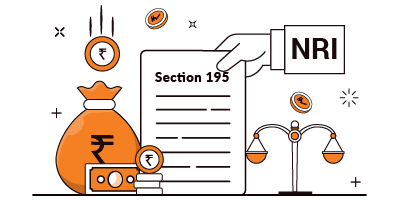











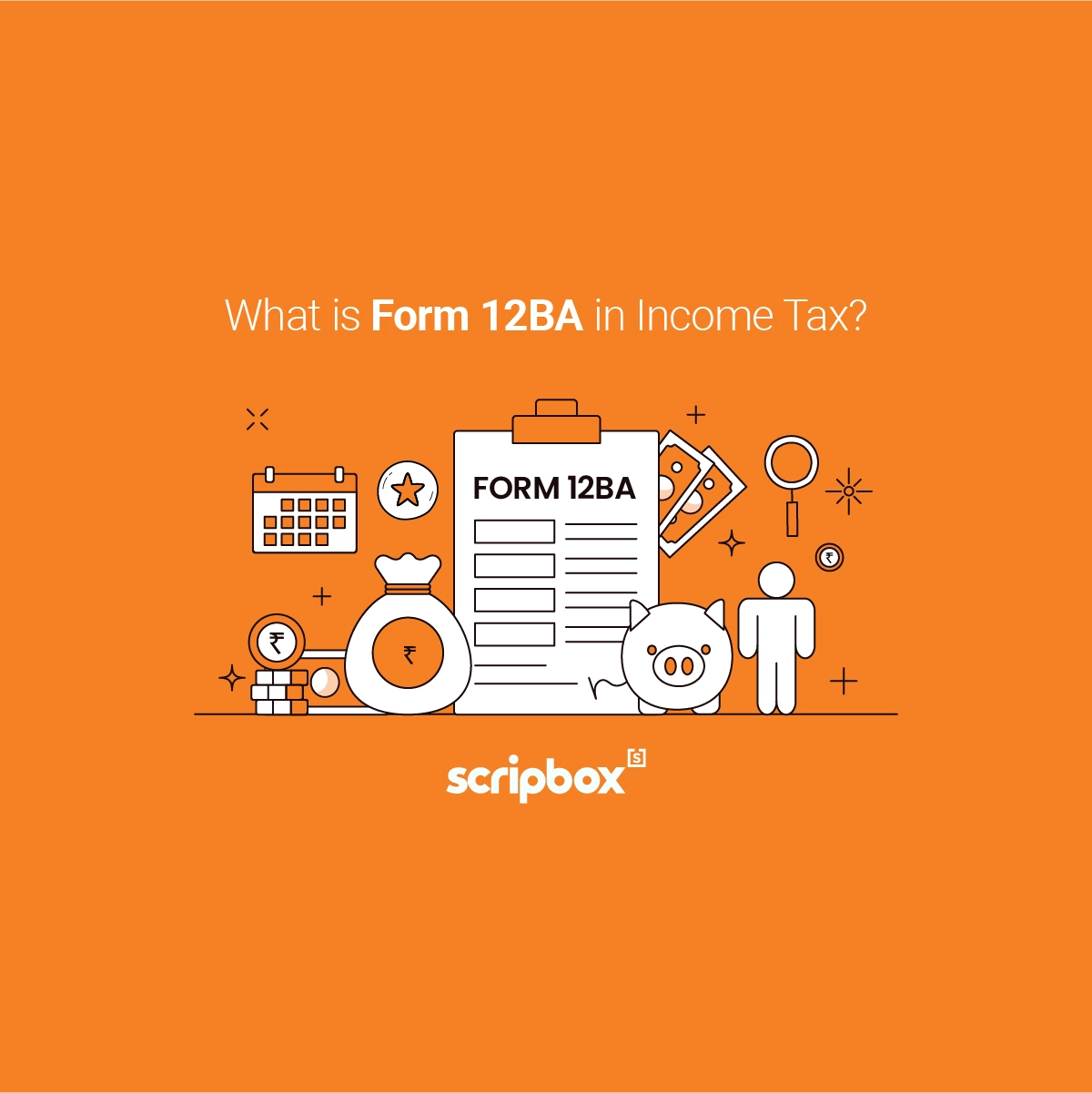
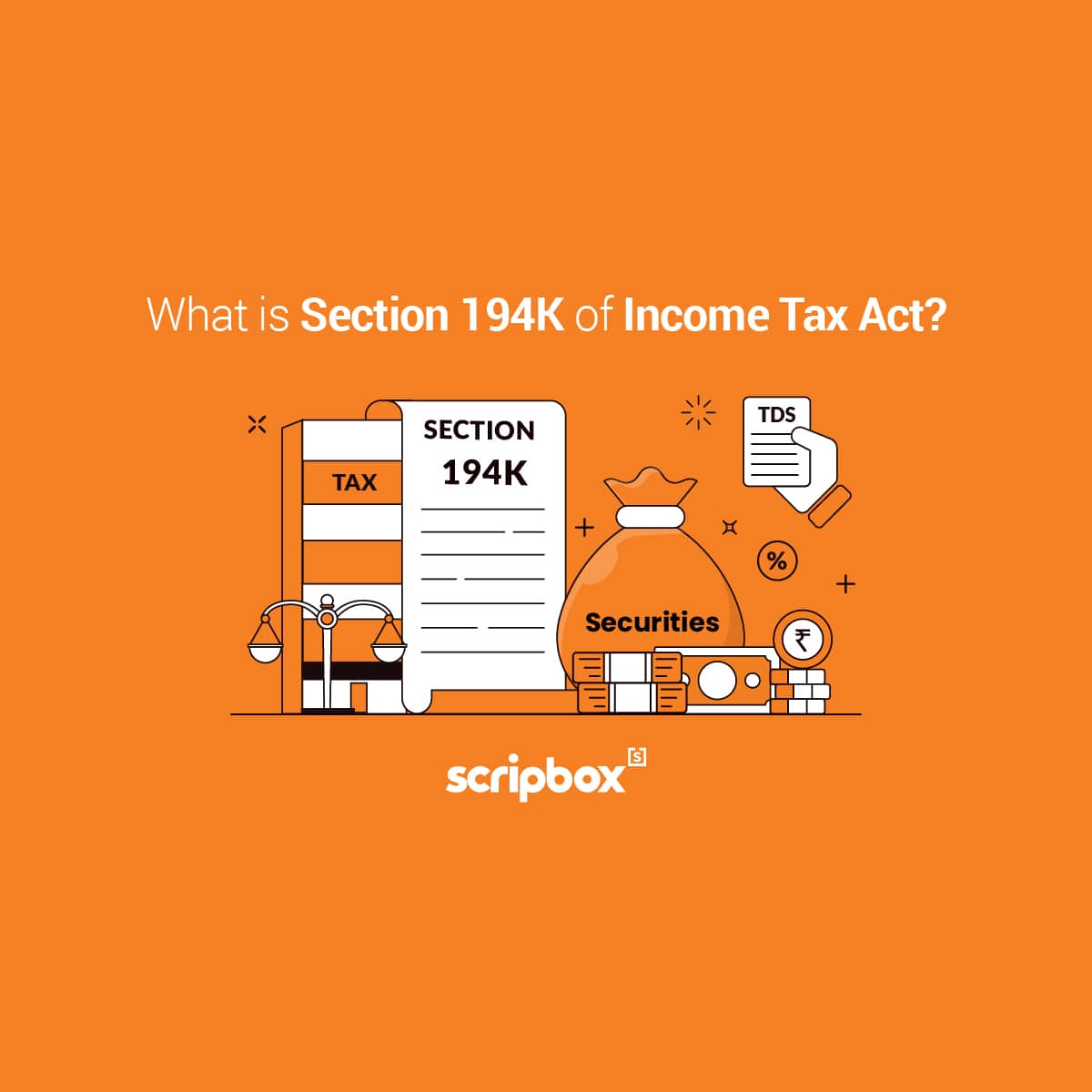
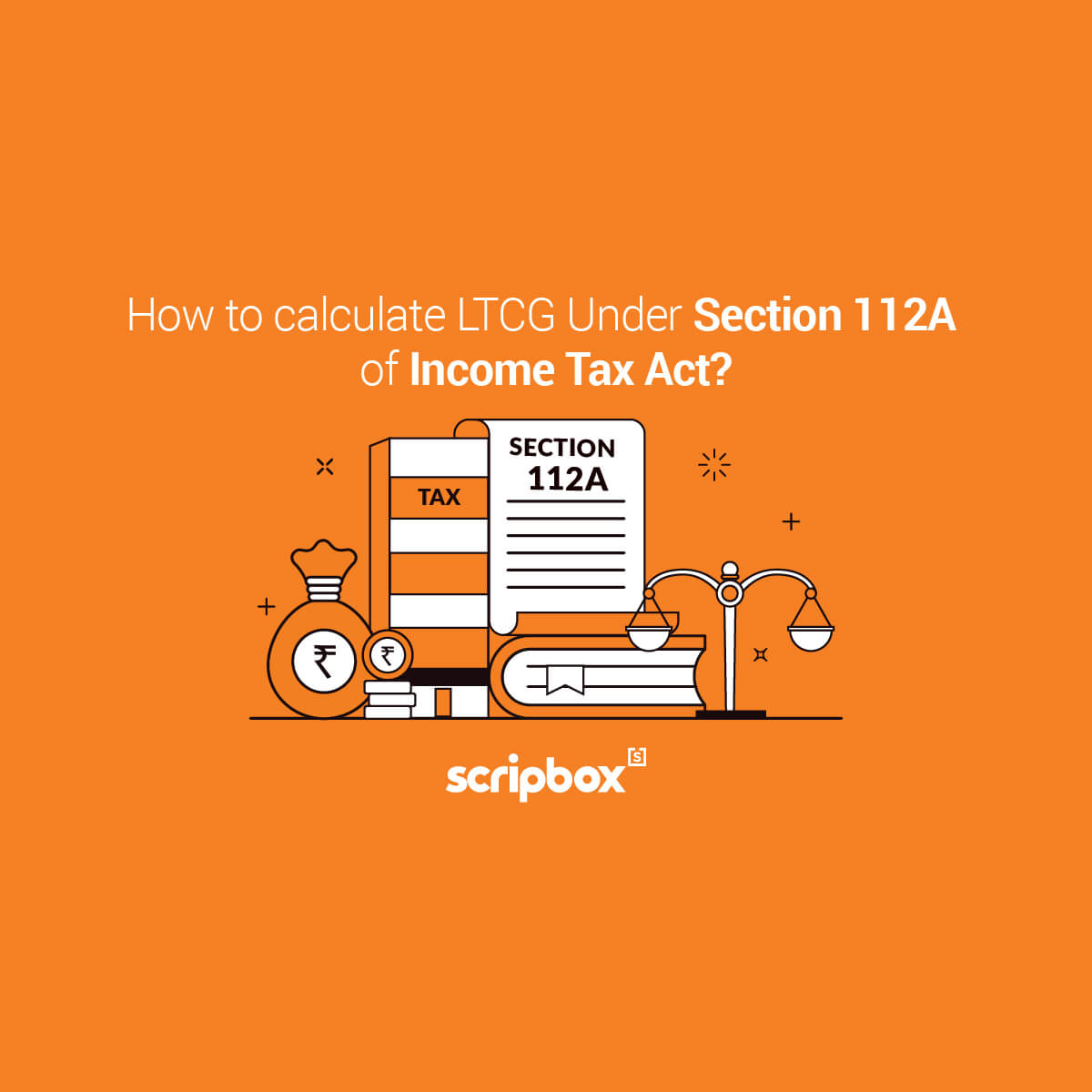
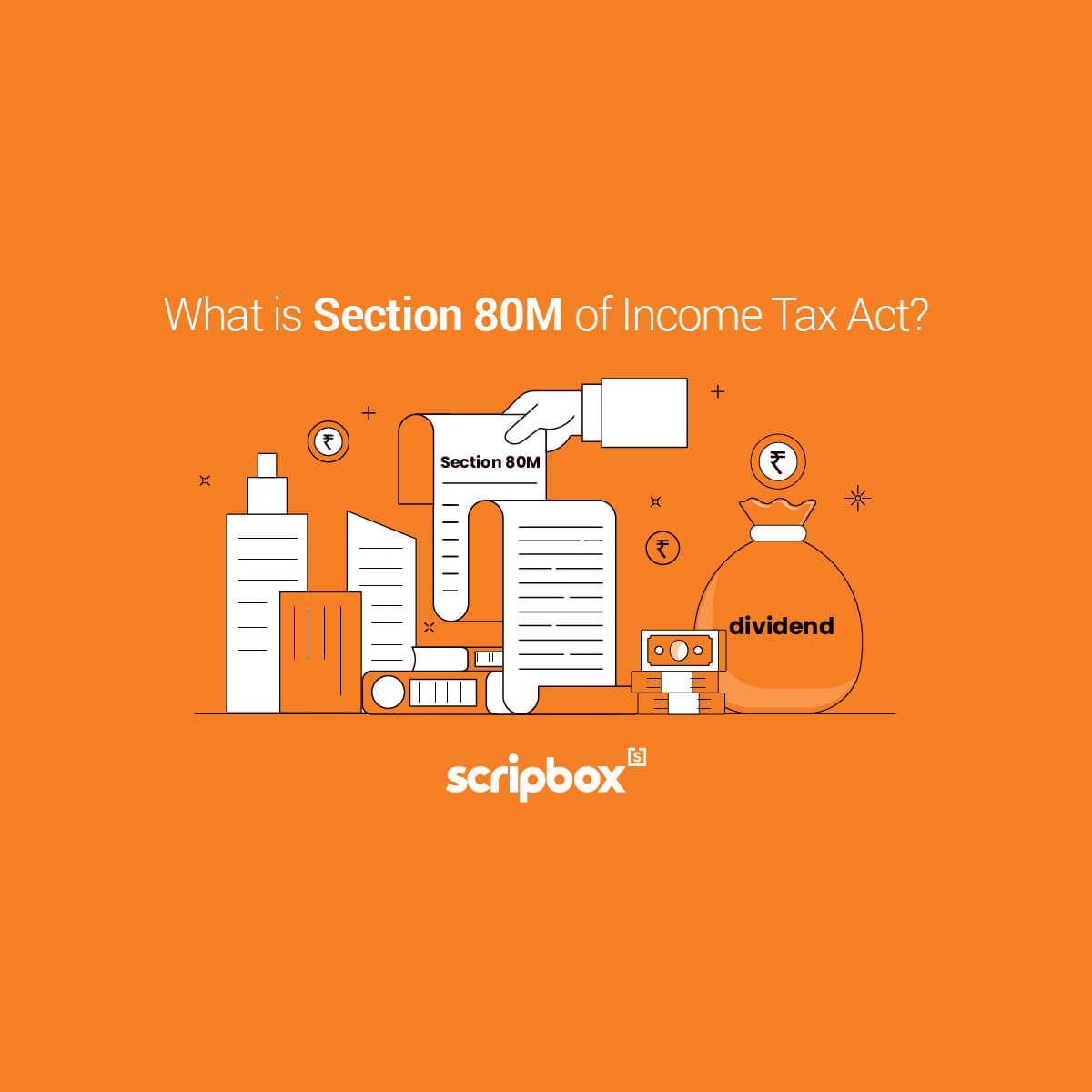
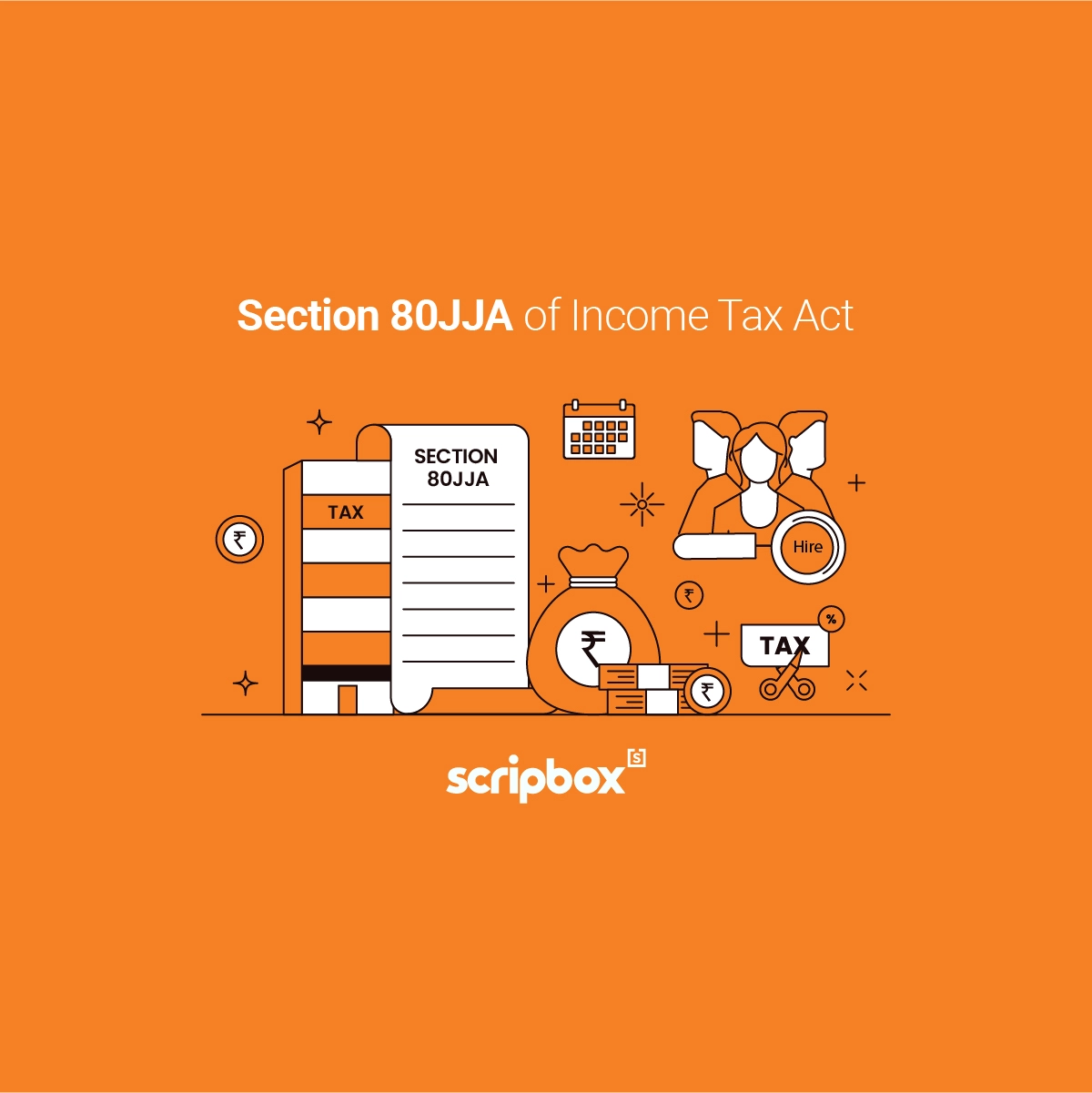
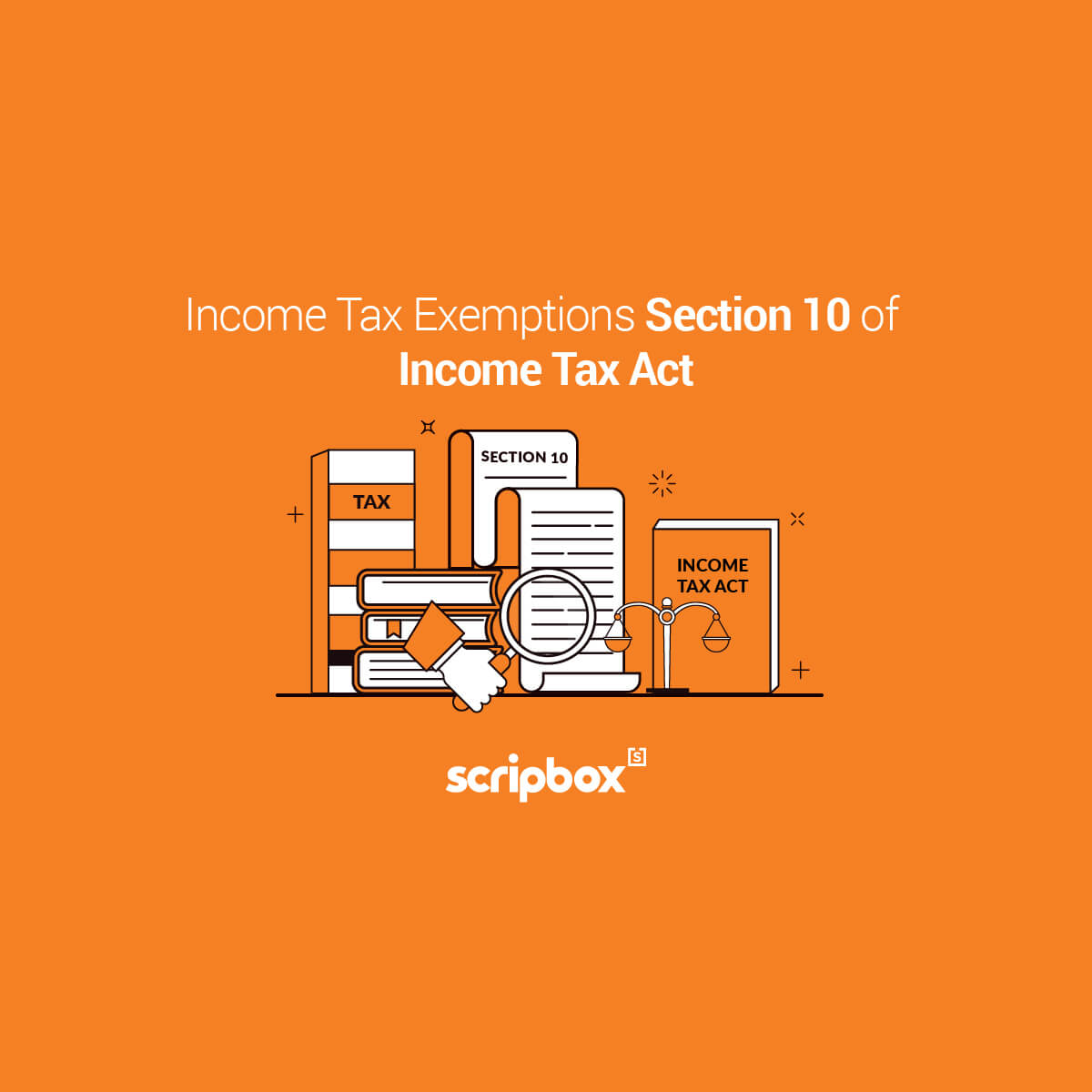






Show comments